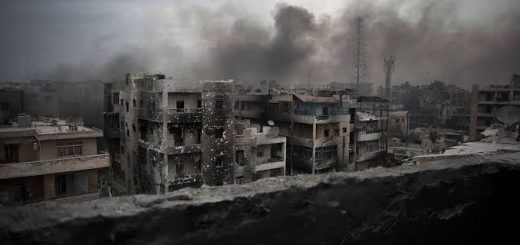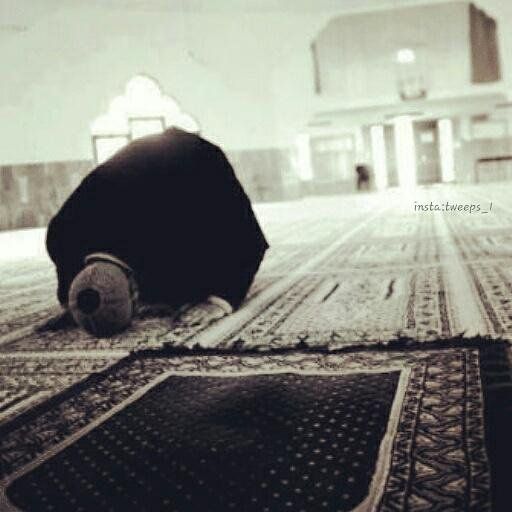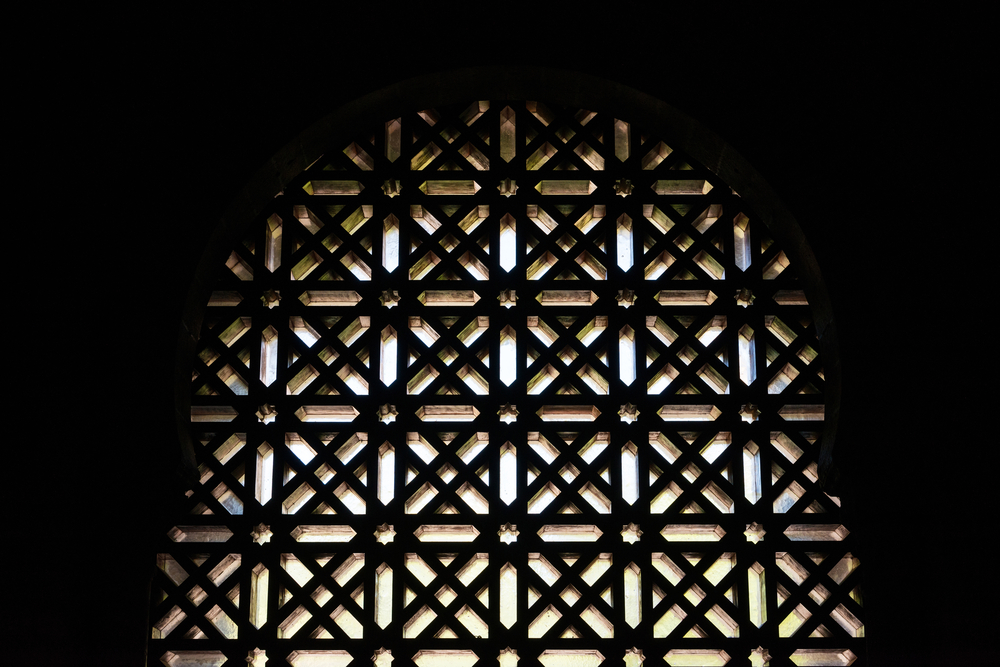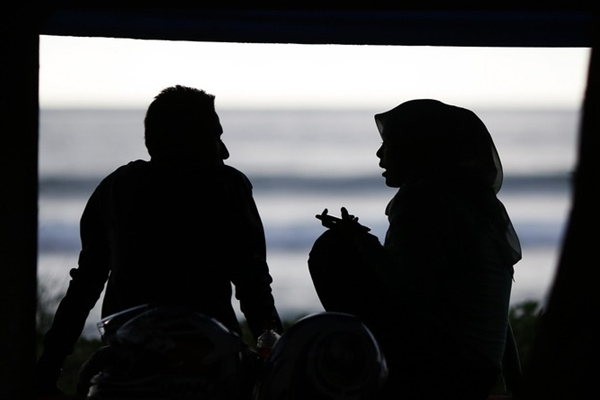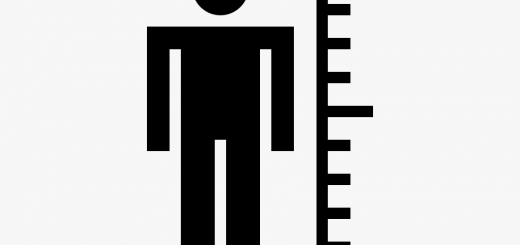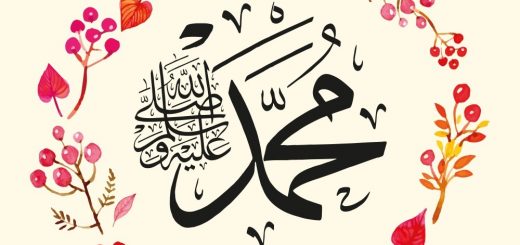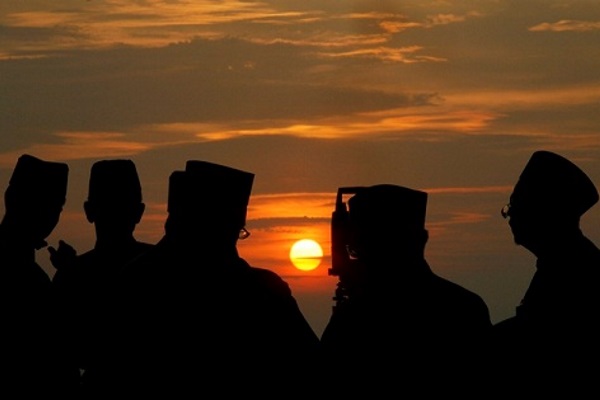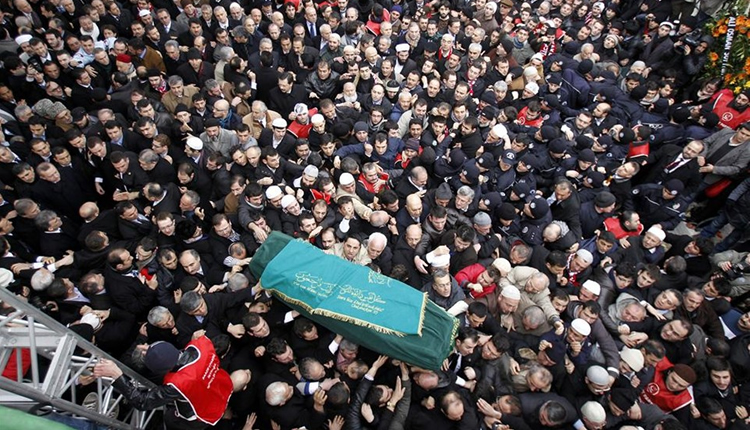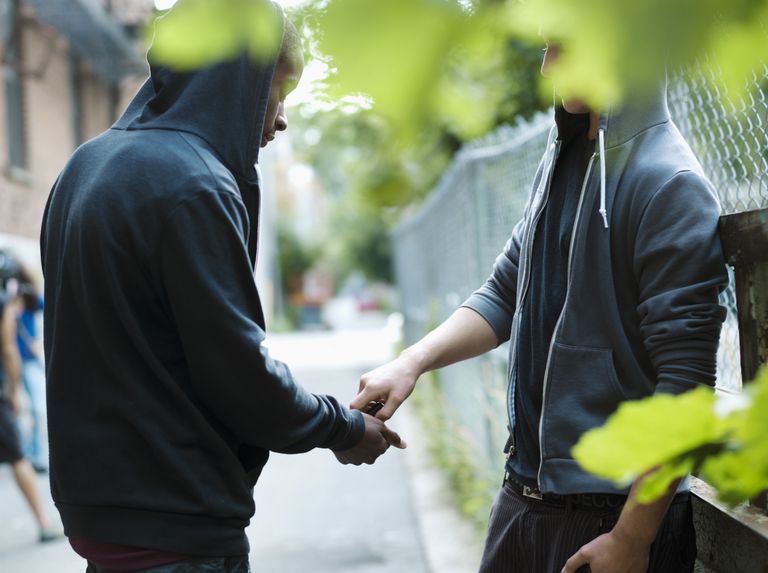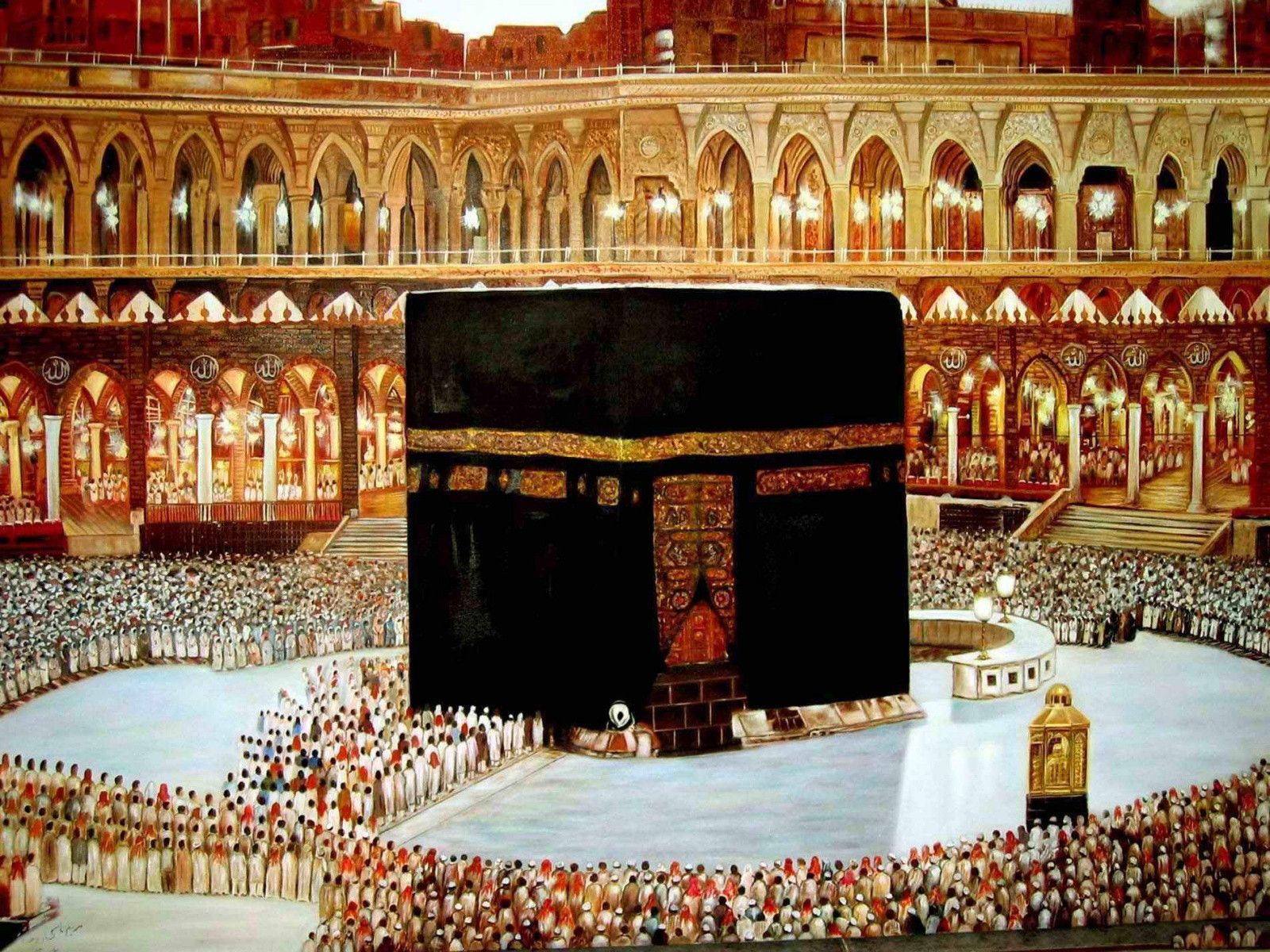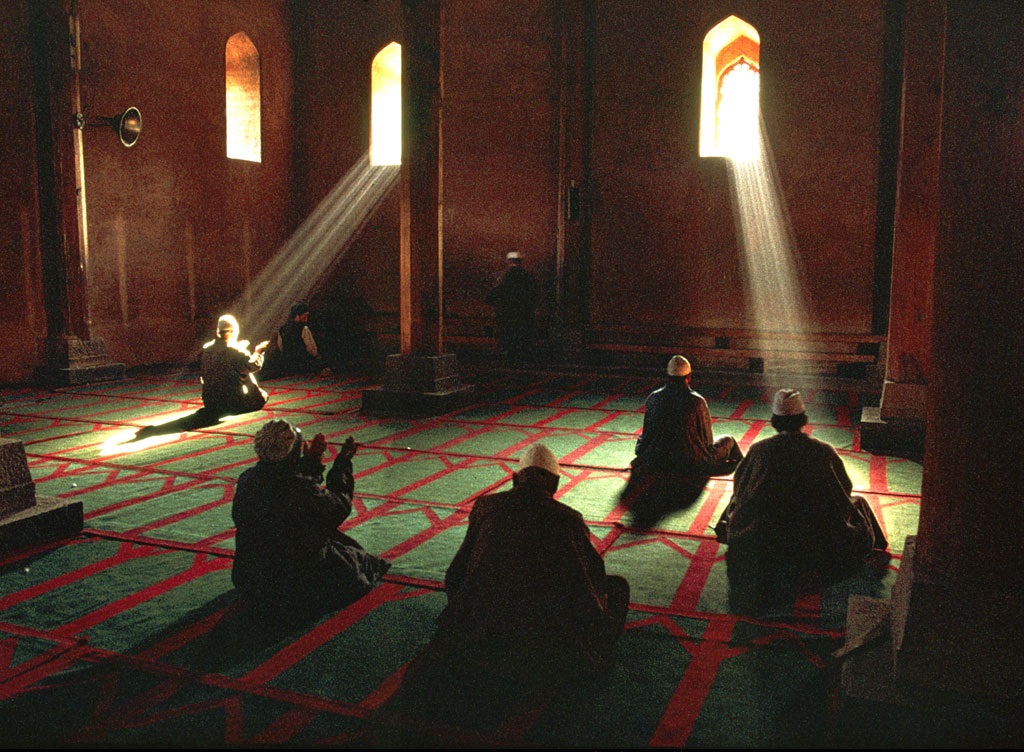QUESTION:
What is the best thing one can do when witnessing a fellow Muslim brother or sister is dying (or you think it is at least possible) due to a car accident or heart attack for example? Is there anything you can read (Dua, Surah?) and can do at this final moment?
ANSWER:
When you observe the signs of death on a person, then the Sunnah way is:
1. To lay him/her on the his/her right side having the face towards the Qiblah.
2. To lay him/her on his/her back and the feet are towards the Qiblah. However one will place a soft object (like pillow, cloth etc.) beneath the head so the face is towards the Qiblah.
3. If the above two are not possible due to the pain or because there is no room (like in an accident) then leave him/her as he/she is.
[Durr al-Mukhtār & Bahār-e-Sharī’at]
If Ghusl (ritual bath) is Fard (compulsory) on a person, then that person should not be present near the dying person. Also if the dying person is in a house or in a hospital then make sure there are no pictures around. These rules are to let the the Angels of Mercy to enter the place.
Those are witnessing the death of a person should pray for the dying person. The Angels would say Āmīn when supplications are made at that time.
[al-Fatāwā al-Hindiyya]
At the time of death, the people should recite the Kalimah loudly, so that the dying person is encouraged to recite it too. Once he/she recites it then the people should pause reading it. Be cautious not to order the dying person to read the Kalimah.
The Prophet of Allāh (صلى الله عليه وآله وصحبه وسلم) has said, “Teach your deceased (dying person) Lā ilāha illAllāh.”
[Sahih Muslim]
Note: Lā ilāha illAllāh in the Hadīth means the full kalimah :- Lā ilāha illAllāh Muĥammadur Rasūlullāh (صلى الله عليه وآله وصحبه وسلم) as mentioned in Baĥr al-Rā’iq or it means both statements of Shahādah (as mentioned in Tanwīr al-Abşār)
In another Hadīth the Prophet of Allāh (صلى الله عليه وآله وصحبه وسلم) has said, “Whose last words are Lā ilāha illAllāh will enter Jannah.”
[Abū Dā’ūd]
To be able to read the Kalimah at the time of death is a great blessing.
Imām Jalāl al-Dīn al-Suyuţī (رحمة الله عليه) mentions a Hadīth in his book, Sharh al-Şudūr: “The angel of death once came to a dying person. He checked his body, but didn’t find any good deeds. He then checked his heart, he didn’t find any goodness. Then cheked his jaws (mouth) and found Lā ilāha illAllāh at the end of the dying person’s tongue. Because of this he was forgiven.” Therefore it is a recommended that pious people are present to make death easier for the dying person.
• One should also read Sūrah Yāsīn and Sūrah Ra’ad. This will make death easier for the dying person as mentioned by the Prophet of Allāh (صلى الله عليه وآله وصحبه وسلم).
[Ibn Abī Shaybah and Abū Dā’ūd]
• On should also quench the thirst of the dying person as the dying person feels severely thirsty. It is best to use Zam Zam water, but any pure water is also permissible.
Please note, not all these points are possible when there is a sudden death (like mentioned in the question). So if one does witness a sudden death, then try and act upon as many of the points as possible.
May Allāh give us death upon Imān and in the blessed city of Madīna the Illuminated, Āmīn.
Allah knows best.
Answered by Mawlana Mohamed Husein Qadri
Also see:
[Q-ID0751] Is it permissible to turn off the life support machine for someone critically ill?
[Q-ID0750] What steps should we take when seeing someone die in front of us?



